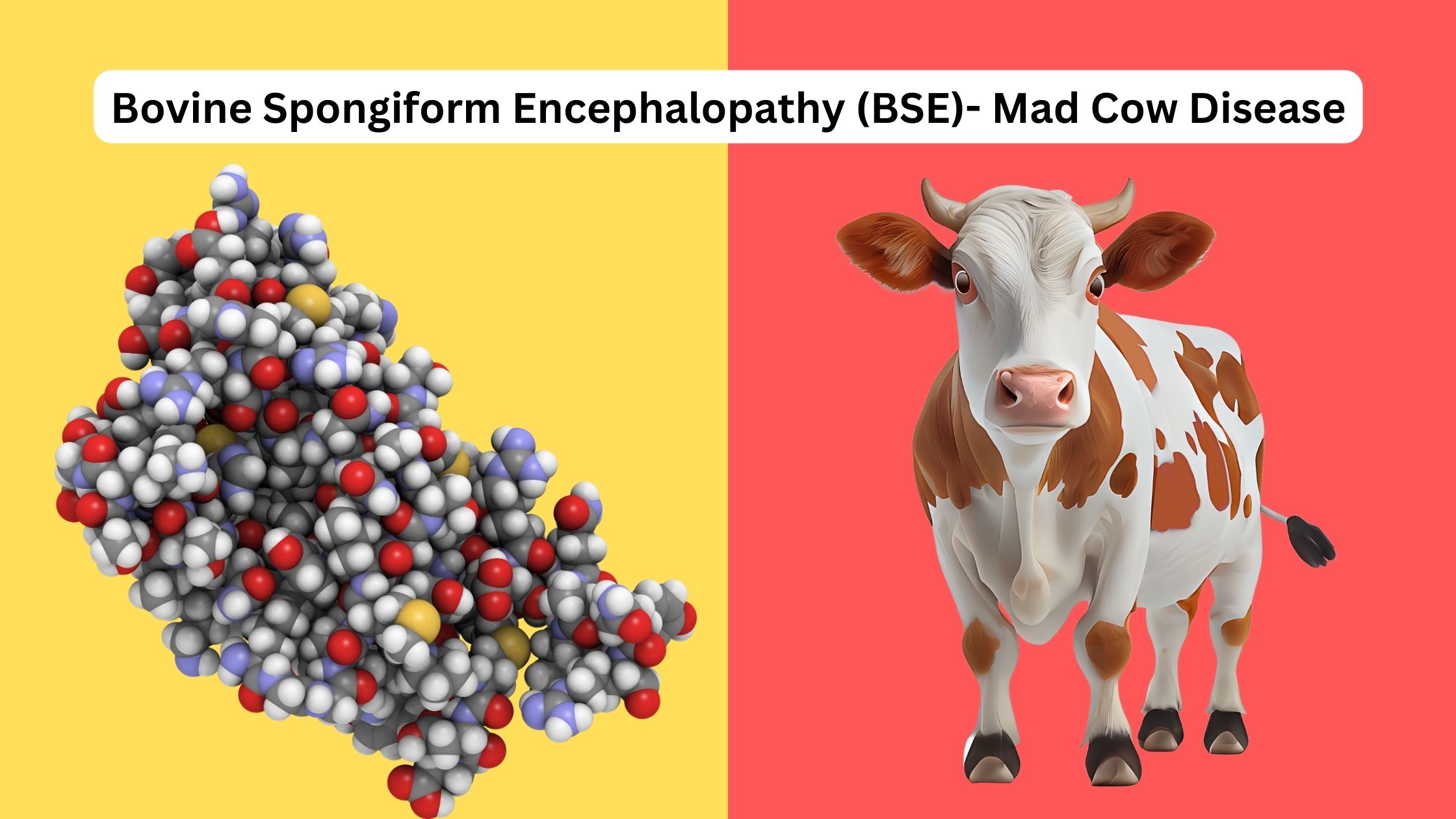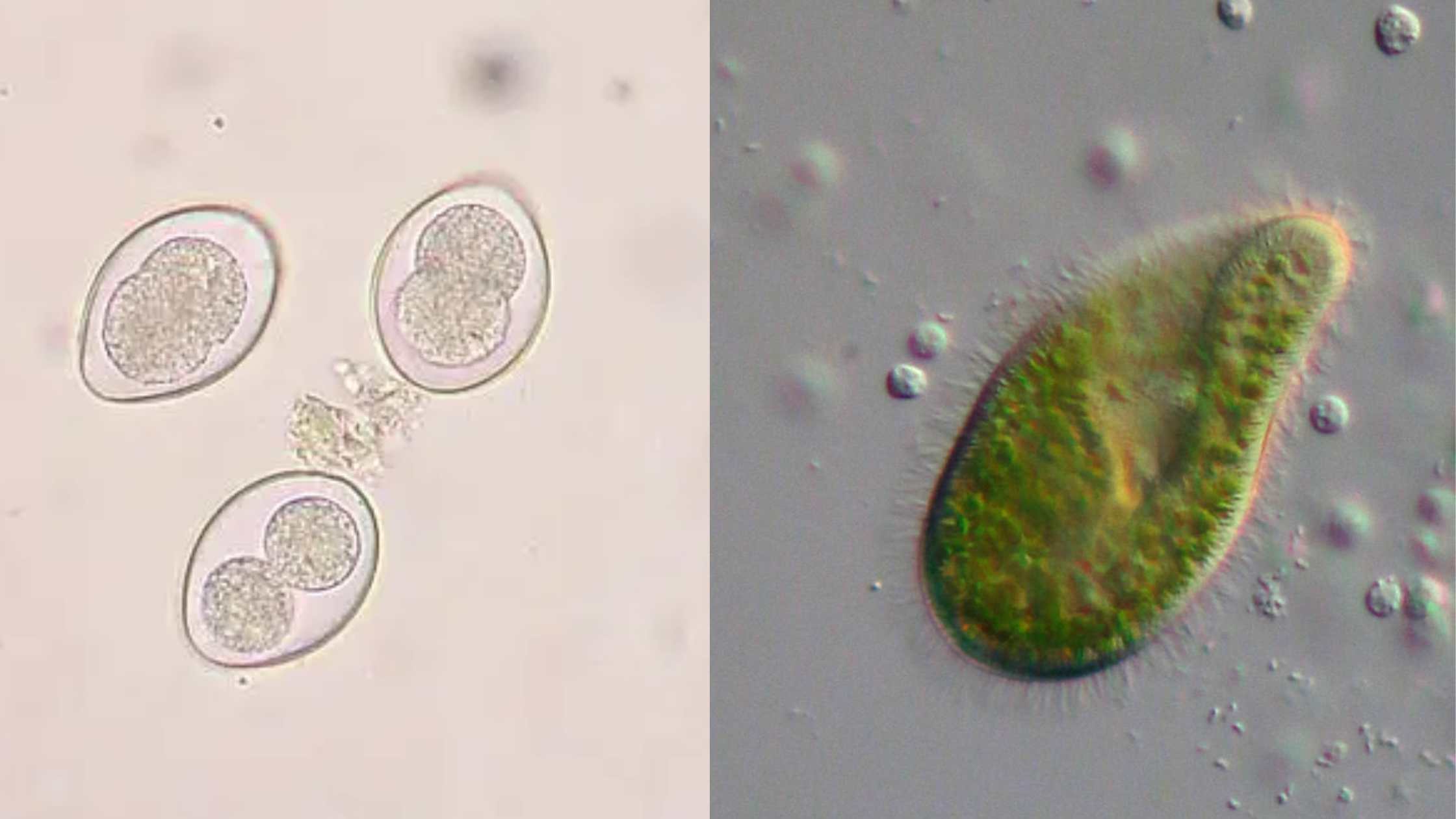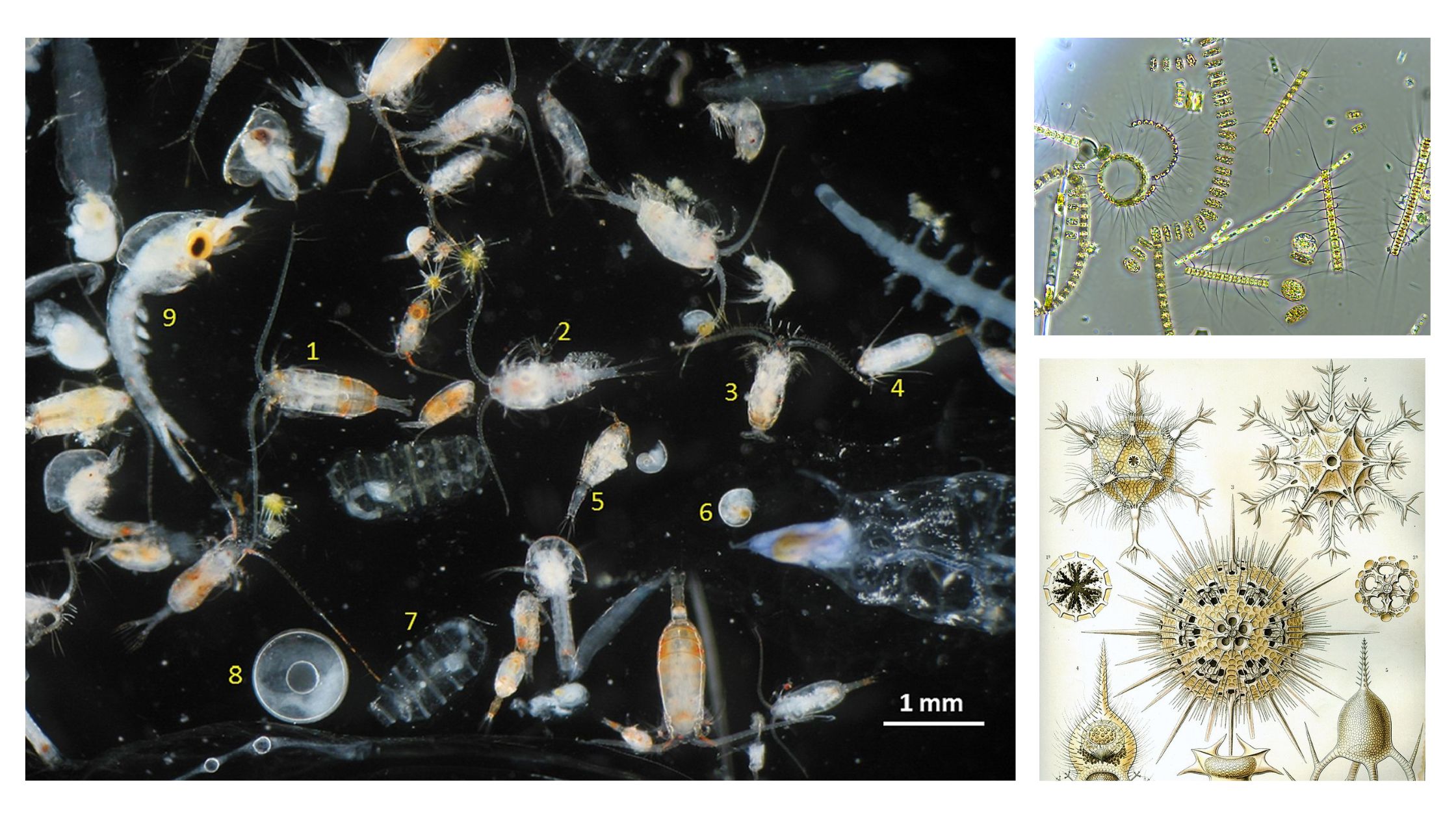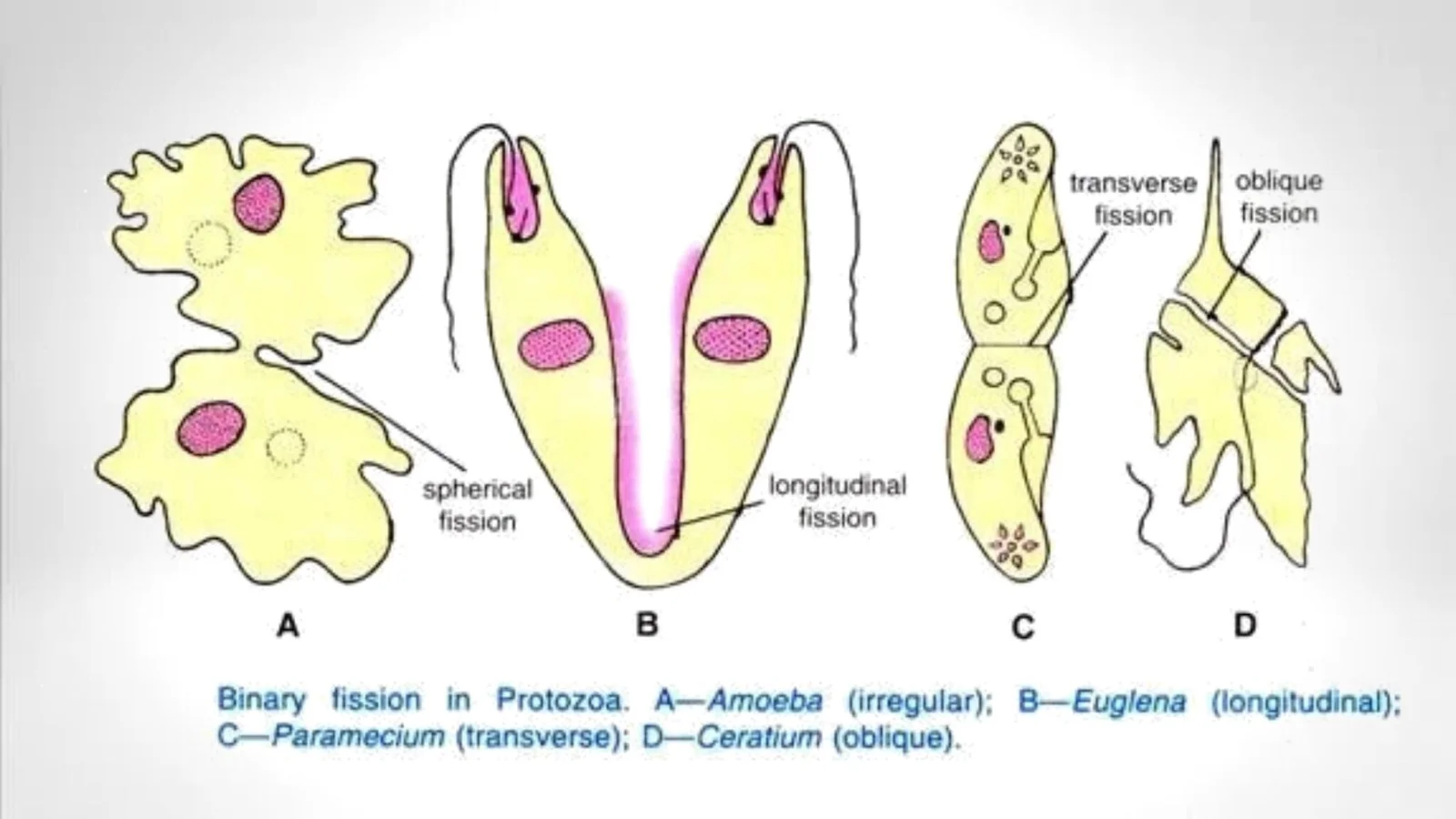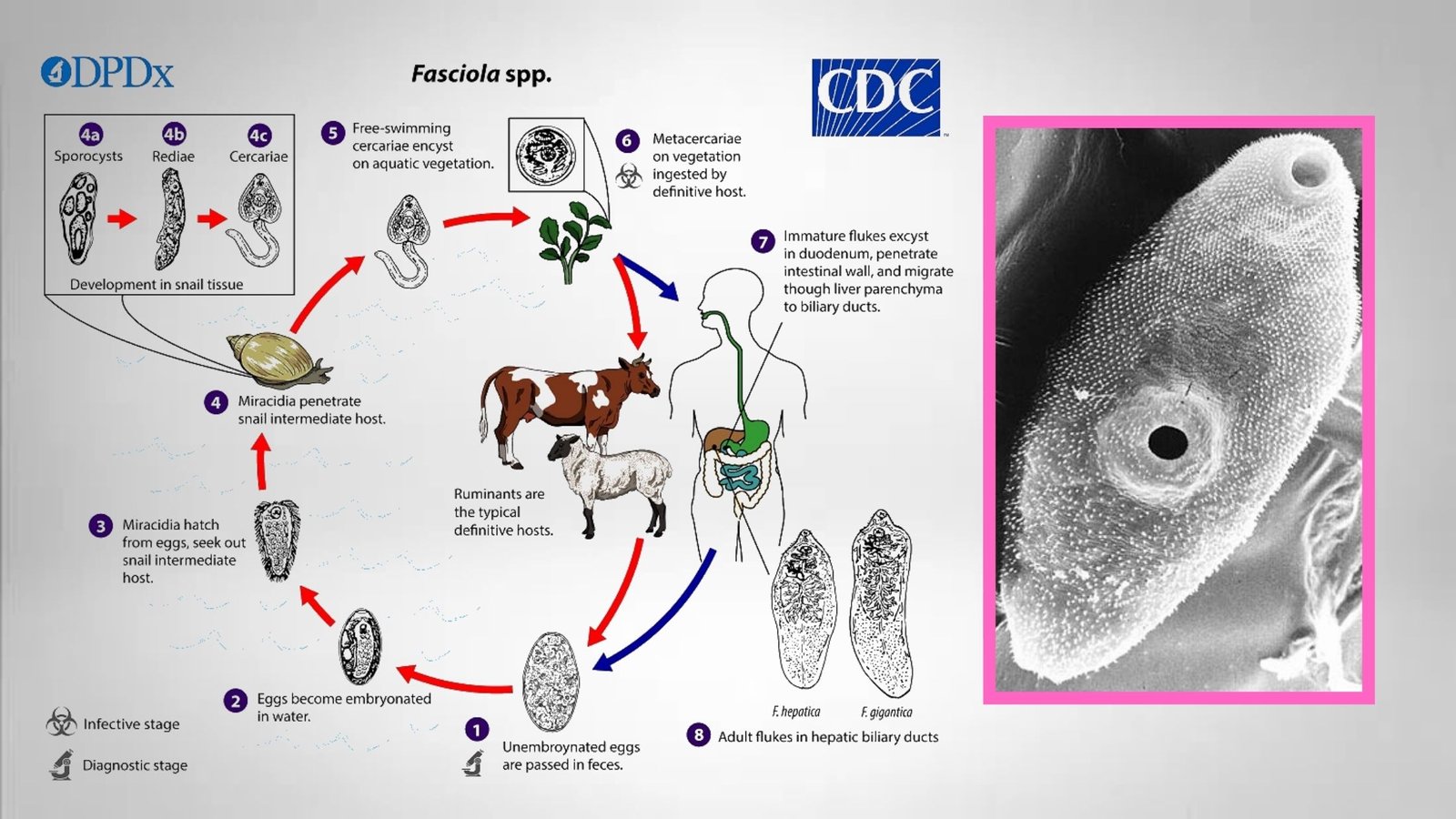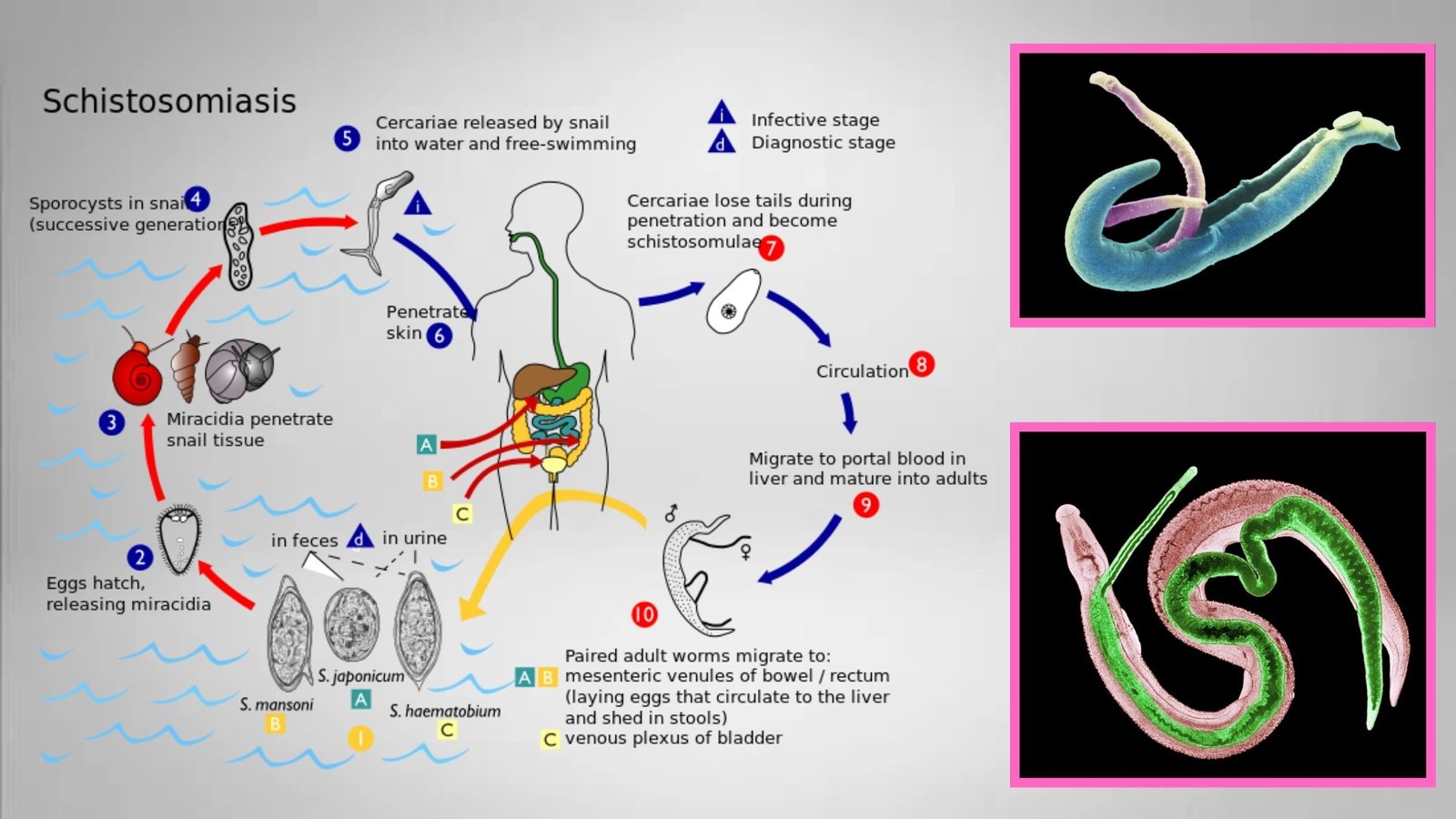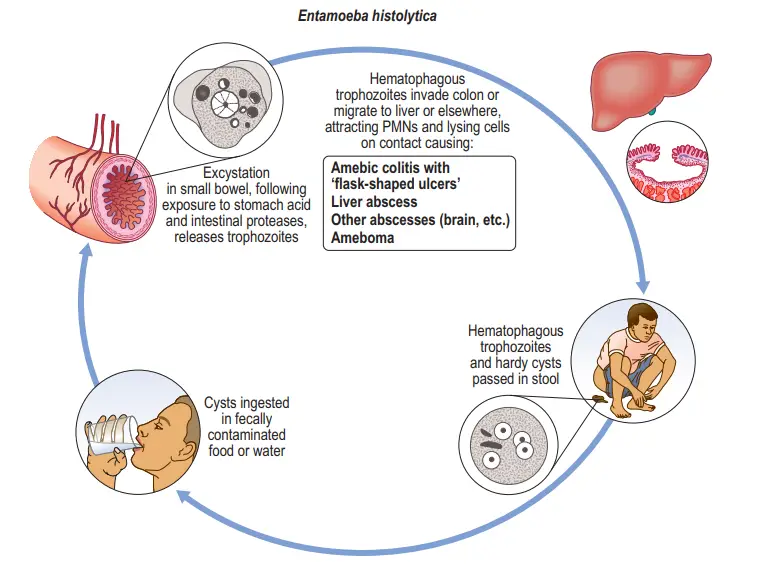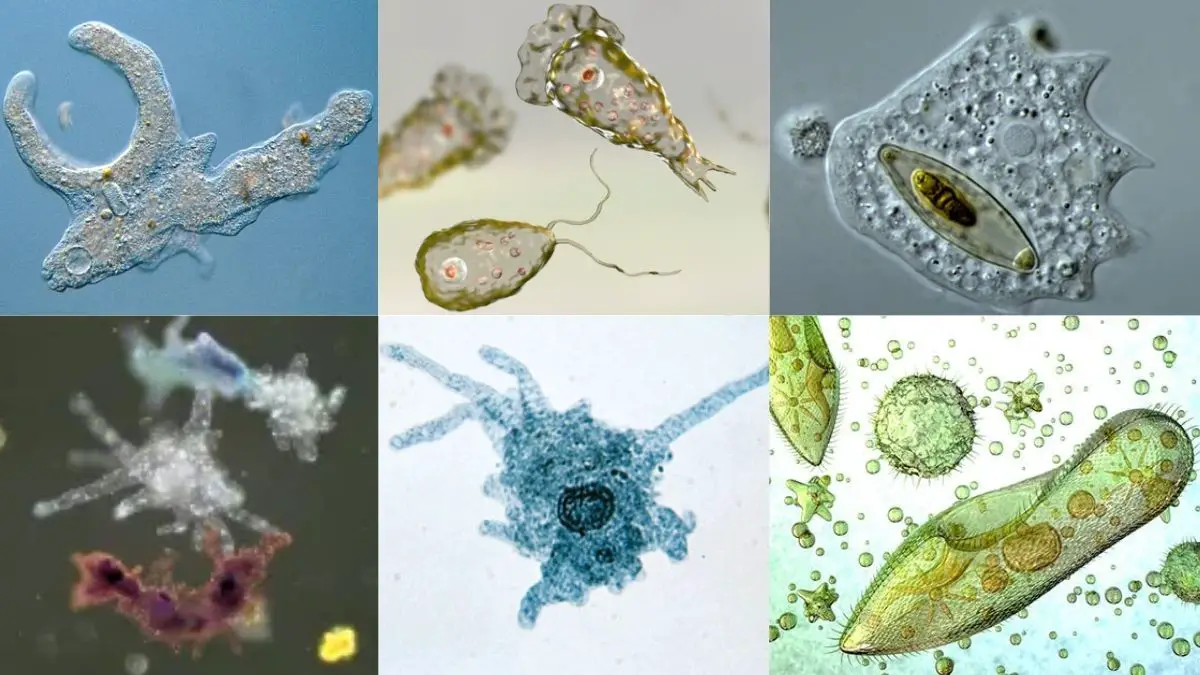Life cycle of Algae – Haplontic, Diplontic, Diplohaplontic, and Triphasic.
Life cycle of Algae Sequential changes of the different pages through which an organism completes the life process, starting from zygote to the zygote of the next generation is called the life cycle. There are four types of life cycle in algae such as; 1. Haplontic Life Cycle 2. Diplontic Life Cycle 3. Diplohaplontic Life … Read more


